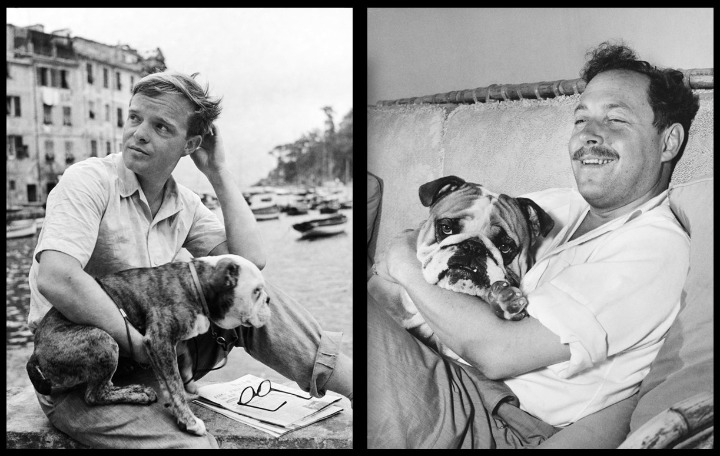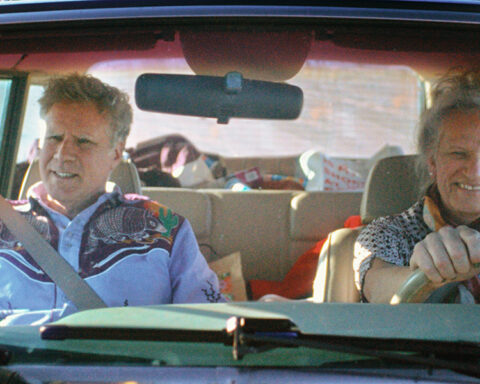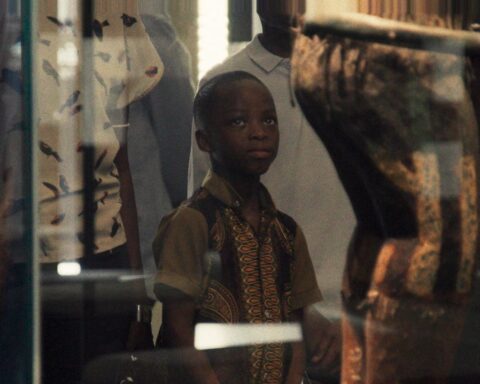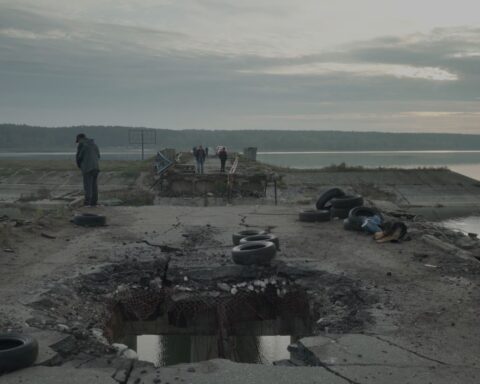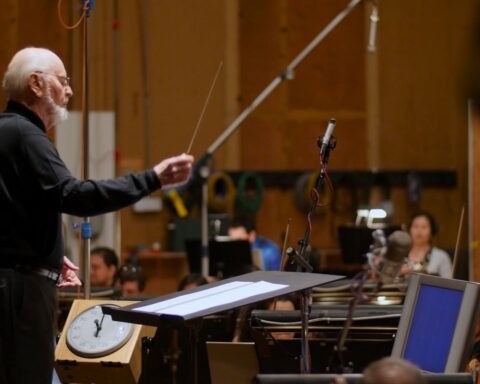Truman & Tennessee features one of the most engaging conversations that never happened. This warm documentary offers a two-hander of sorts by bringing together the voices of literary icons Truman Capote and Tennessee Williams. Director Lisa Immordino Vreeland (Love, Cecil Peggy Guggenheim: Art Addict) couples the work of the two great writers through their own words and stories. The two wordsmiths have much in common beyond their knack for compelling prose and rich characters. The film draws the audience into the inner worlds of Capote and Williams to explore how their experiences as gay men in a time when society opened up in some ways but remained closed in others. It’s an intimate and immersive study of two men immortalised through words.
Truman & Tennessee plays the authors’ voices off one another and draws upon an aesthetic that Immordino Vreeland previously used with great success in Love, Cecil. As with the Cecil Beaton doc, Truman & Tennessee uses ample diaries and correspondence written by the men, which are read in voiceover by actors Jim Parsons and Zachary Quinto as Capote and Williams, respectively. Whereas Love, Cecil structures Beaton’s work (voiced by Rupert Everett) in a more straightforward narrative, _Truman & Tennessee _flows freely as it puts the authors’ lives and oeuvres in dialogue with one another.
The conversation appropriately works its way through the authors’ literary creations. From Blanche Dubois in A Streetcar Named Desire to Holly Golightly in Breakfast at Tiffany’s, Williams and Capote are responsible for some of the most memorable characters in American literature and cinema. Immordino Vreeland makes use of the iconic adaptations of the authors’ works to complement their commentary, and the images of these classic films assume new lights in the context of the authors’ confessions. From Burl Ives and Paul Newman escaping their ills through bourbon in Cat on a Hot Tin Roof or a sweaty Marlon Brando setting the screen ablaze in Streetcar, the textures to the film offer unique windows into the authors’ psyches that permeate the characters. Williams is more open about the personal elements of his stories, while Capote, ever the bon vivant, generally lets the tales reflect the world he observes.
Although Capote and Williams were acquaintances—the film features some notes about travels in Italy with their boyfriends—the doc brings their voices together to illustrate how great minds don’t always think alike. This imagined conversation also lets the writers echo their similar experiences: absentee fathers, childhoods in the South, and seeing Hollywood morality alter their literary creations. The two authors are opposites in terms of personalities, however, and the film captures their respective spirits through the contrasts in both the archives and voiceover performances. Capote is far more flamboyant. His wit outmatches Williams in exchange after exchange, although Tennessee never lags on the draw, and the conversation shows how Capote’s way with words was as much of a defense mechanism as a creative outlet. Williams, on the other hand, offers reflections that are more open, thoughtful, and considered.
The film contrasts their personalities quite brilliantly by presenting different interviews that the authors endured with David Frost. The journalist clearly makes both authors uncomfortable as he quizzes them about love and sex with the occasional nod to their work. Capote often responds with a barbed witticism or colourfully crafted non-answer. Williams, meanwhile, is open and vulnerable, but accepts the challenge by offering some richly introspective replies to the journalist.
These interviews with Frost prove especially effective as the conversation bridges to the writers’ late career declines. While many accounts of the writers focus on their struggles with alcoholism and addiction, especially Capote in the years following In Cold Blood, Truman & Tennessee doesn’t define or pity the men for these chapters of their lives. Instead, while Frost’s questions about loneliness and happiness reflect the era’s valuation of success as determined by families and children, the imagined conversation shows two lives enriched by creative passions and active circles of friends. Moreover, the insightful performances by Parsons and Quinto offer dynamic characterizations of the two authors that convey the vicissitudes of their experiences and careers.
Immordino Vreeland proves that she’s found a niche for herself with this kind of documentary and she does it very well. As with her previous works, Truman & Tennessee takes audiences inside the world of the rich and fabulous without being seduced by it. The film is a rich window into the minds of creative geniuses with all the rewards and burdens that the double life of an author brings.




